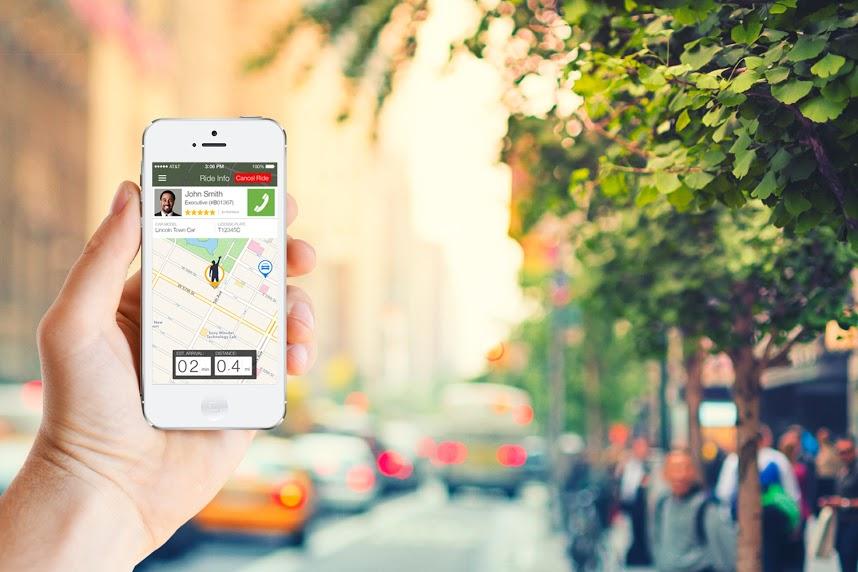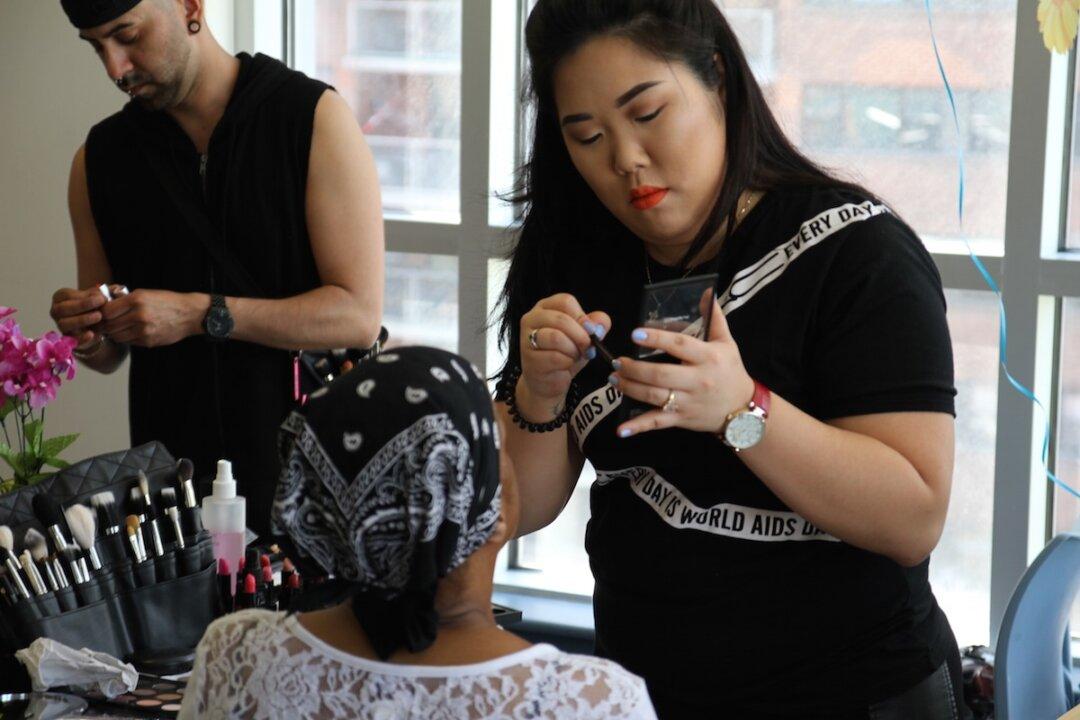Apple enthusiasts will need to make an appointment to preview and try on one of Apple’s smartwatches before they’re even allowed to preorder the new device that officially launches on April 24.
The move is part marketing strategy—to lend the smartwatch an air of exclusivity—and part effort to familiarize consumers with a relatively new concept, so they can make the best use of the product.
The watch will be selling at three different price points, from $349 for the rubber strap sport watch, from $549 to over $1,000 for the stainless steel fashion models, and an 18-karat gold version that sells from $10,000 to $17,000. The watch requires the user to already own an iPhone to run it.
Marketing Ploy
Erich Joachimsthaler, chief executive and founder of Vivaldi Partners Group, said the appointment-only approach is really no different from the usual long lines outside Apple stores on launch day—it’s to create artificial scarcity.
He calls it a “quintessential Apple tactic” of selling luxury. “[It] has always been the Steve Jobs approach. And it has worked,” he said.



